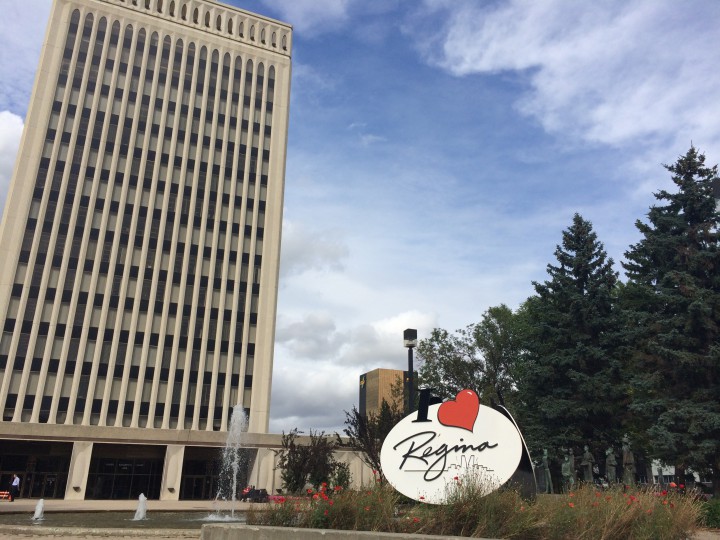Regina’s executive committee is introducing a number of changes to some of Regina families’ favourite activities.

On Wednesday, the city council voted in favour of reducing the amusement tax charged on movie tickets by half starting Oct. 1.
“Were thrilled and it’s a great day for movie goers in Regina,” said Michael Paris, a board member on the Movie Theatre Association of Canada.
“We have been trying to persuade council for a very long time and today they listened to us and took action so we are very happy.”
However, Regina residents will still have to pay more than any other Canadian city to sit in front of the big screen.
Currently Regina is one of two cities in Canada applying an amusement tax on the sale of movie tickets, which currently sits at 10 per cent of the cost of your ticket.
The vote approved Wednesday will drop the tax to five per cent starting in October, and in January 2024, the amusement tax will be eliminated altogether.
But that doesn’t mean Regina residents won’t still pay the most in Canada. When factoring in the six-per cent provincial sales tax being added to movie tickets as part of the provincial budget for 2022-23, even with the reduced amusement tax customers will still pay 16 per cent tax on movie tickets after GST and PST are factored in.
- Posters promoting ‘Steal From Loblaws Day’ are circulating. How did we get here?
- Video shows Ontario police sharing Trudeau’s location with protester, investigation launched
- Canadian food banks are on the brink: ‘This is not a sustainable situation’
- Solar eclipse eye damage: More than 160 cases reported in Ontario, Quebec
While Regina movie goers are happy to hear taxes are going down, those who like to swim will have a different feeling.
Regina city council also voted in favour of increasing leisure fees in the city by two per cent in 2023 and three per cent in 2024 on Wednesday.
They say the proposed fee increase ensures cost recovery levels will remain stable coming out of the pandemic while minimizing customer impact.
The increased fee is meant to address new facilities, cover operational costs, and create parity across user groups and facilities.
As an example of what families can expect to pay, a one-month family leisure pass would cost $107.68 as of January 2023. The price would then rise to $110.92 in January 2024 and $114.25 in January 2025. Those prices do not include taxes.
The fees are expected to bring in an extra $675,000 worth of new revenue for the city and will take place on Jan. 1, 2023.





Comments